

Your assertion that the document is malicious without any evidence is what I’m concerned about.
At some point you have to decide to trust someone. The comment above gave you reason to trust that the document was in a standard, non-malicious format. But you outright rejected their advice in a hostile tone. You base your hostility on a youtube video.
You should read the essay “on trusting trust” and then make a decision on whether you are going to participate in digital society or live under a bridge with a tinfoil hat.
In Canada, and elsewhere, insurance companies know everything about you before you even apply, and it’s likely true elsewhere too. Even if they don’t have personally identifiable information, you’ll be in a data bucket with your neighbours, with risk profiles based on neighbourhood, items being insuring, claim rates for people with similar profiles, etc. Very likely every interaction you have with them has been going into a LLM even prior to the advent of ChatGPT, and they will have scored those interactions against a model.
The personally identifiable information has largely been anonymized in these models. In Canada, for example, there are regulatory bodies like OSFI that they have to report to, and get audited by, to ensure the data is being used in compliance with regulations. Each company will have a compliance department tasked with making sure they’re adhering.
But what you will end up doing instead is triggering fraudulent behaviour flags. There’s something called “address fraud”, where people go out of their way to disguise their location, because some lower risk address has better rates or whatever. When you do everything you can to scrub your location, this itself is a signal that you are operating as a highly paranoid individual and that might put you in a bucket. If you want to be the most invisible to them, you want to act like you’re in the median of all categories. Because any outlying behaviours further fingerprint you.
Source: I have a direct connection to advanced analytics within insurance industry (one degree of separation).
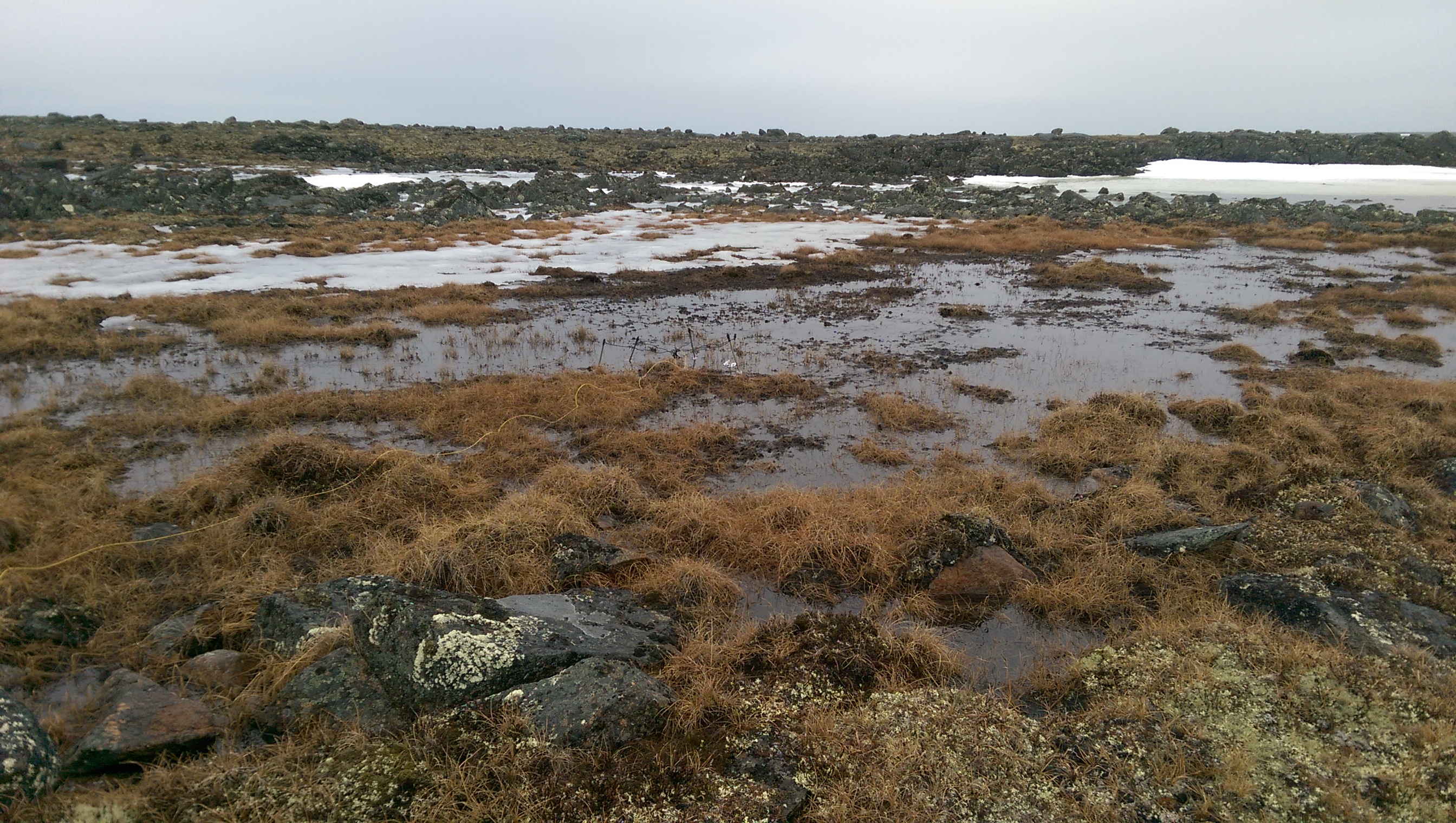



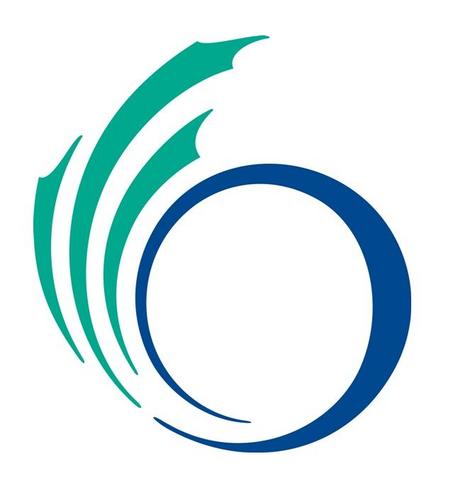









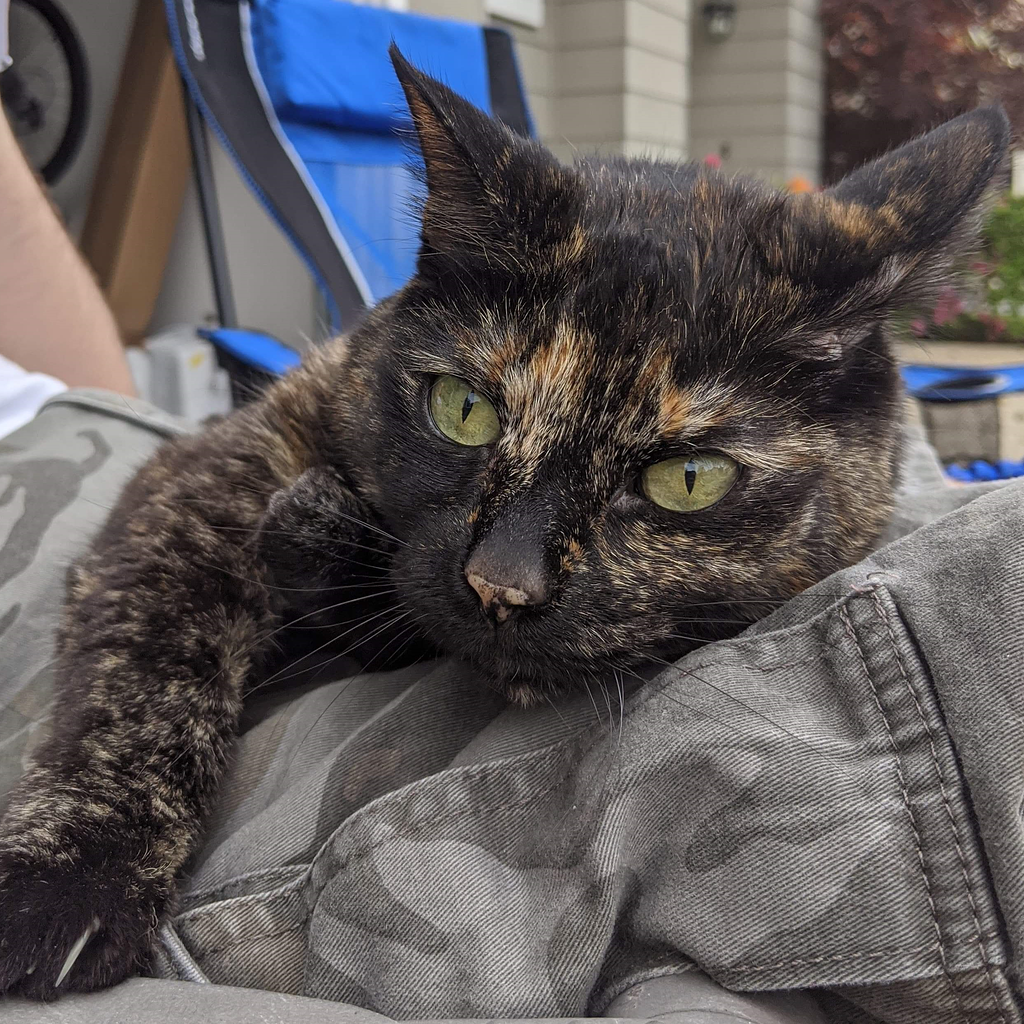




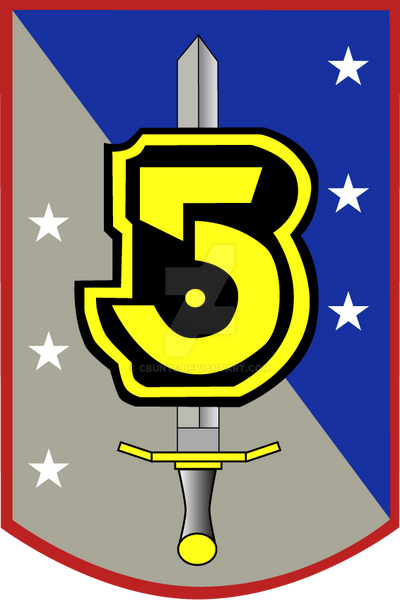

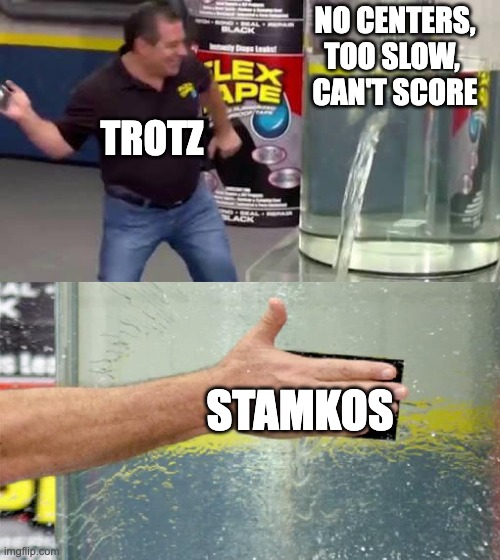



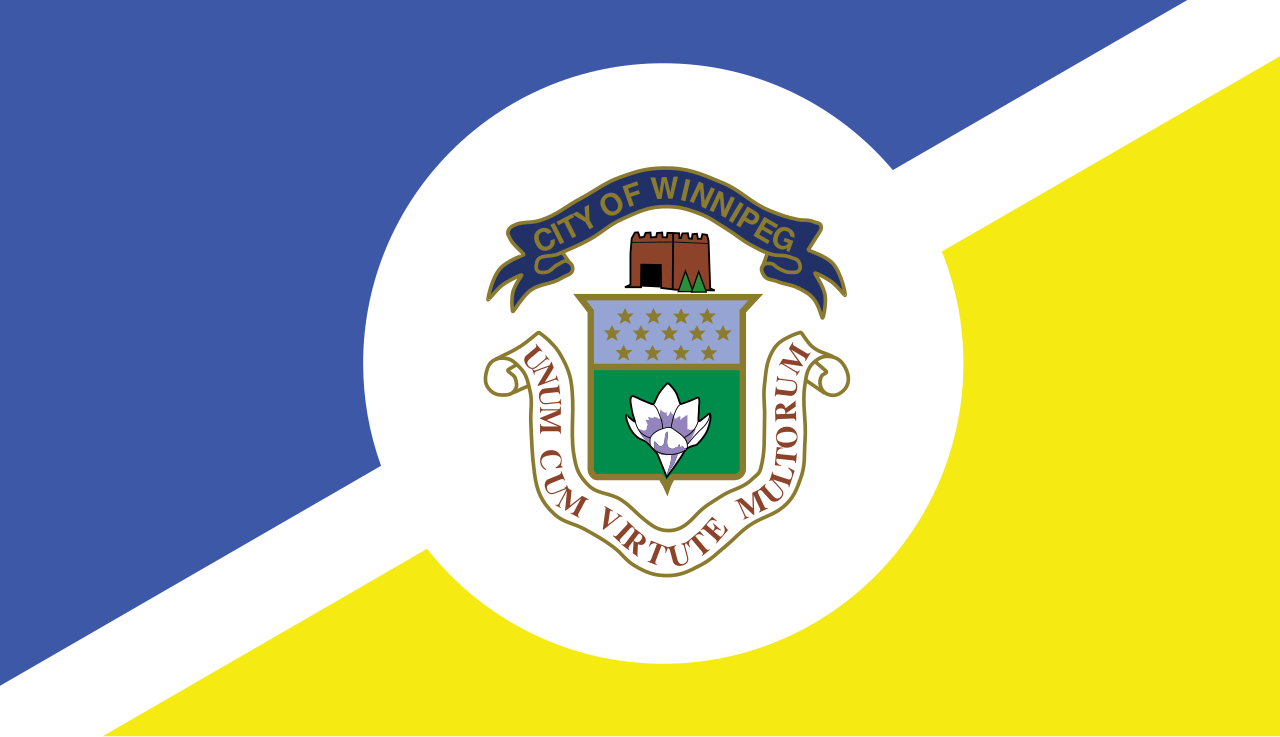

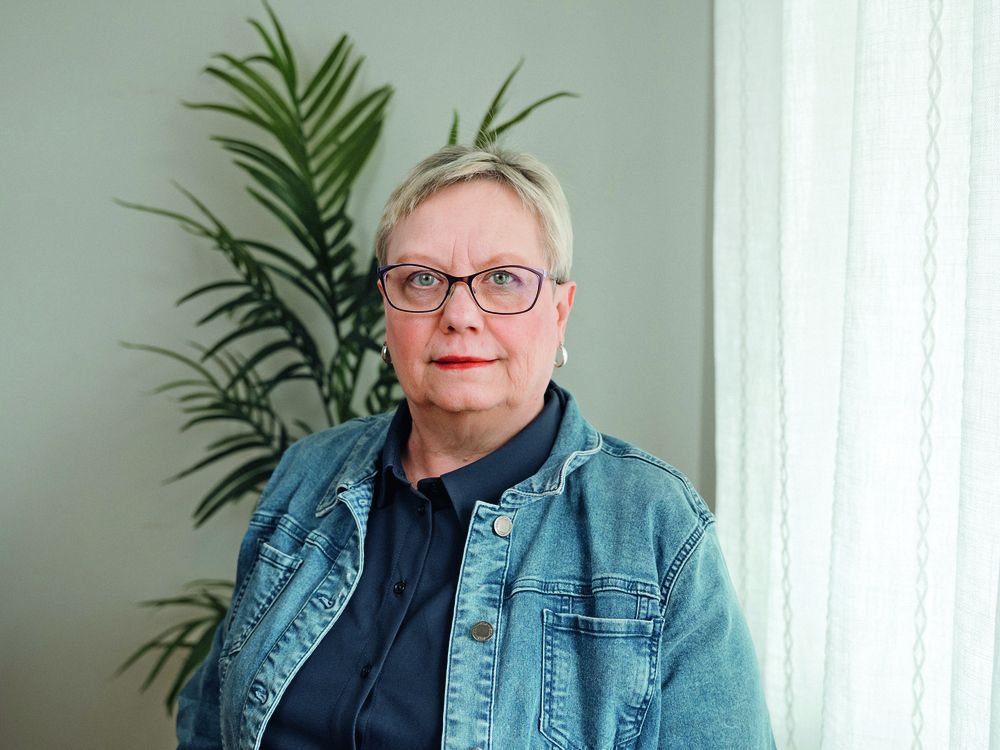






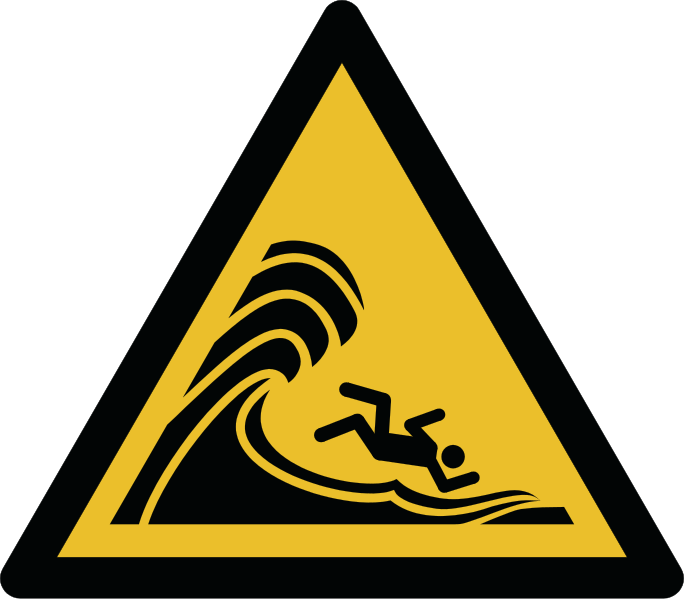


Context: I am at this conference.
This is equally true of Manitoba, Saskatchewan, Northern Ontario, NWT, and other jurisdictions. What distinguishes the jurisdictions will be the regulatory hurdles. Manitoba may have what the world needs, but if the world cannot get it, then that is meaningless.